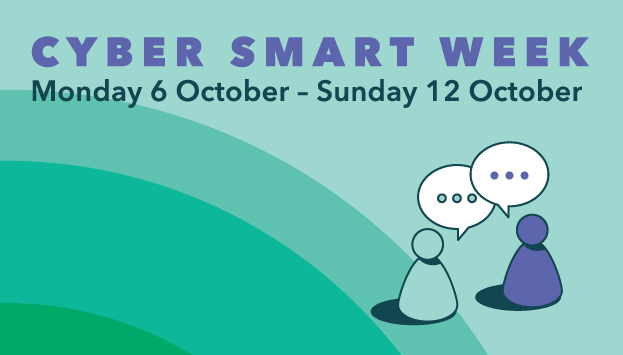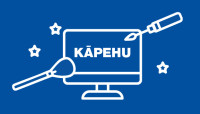When we spend so much of our time online, keeping our online lives secure is as important as keeping the things in our physical world safe.
Good online security is a must-have to keep you and your whānau safe.
Phishing scams are on the rise and online security attacks are becoming more common.
Here’s some ways to make sure you’re following best practice:
1. Looks a bit suss? Report it to us!
- If you feel you have received an email or digital communication that looks a bit suss, you can always ask the helpful Otago Polytechnic Service Desk for assistance.
- Never forward the email or digital communication that you feel might be unusual - always send a screenshot!
Drop in to H Block, Level 1, Room H107
Log a request via Service@OP
Phone 0800 765 948
How do I know it’s suss?
The Government have a great scam check tool so you can check and see the thing you’re concerned about is something you need to be wary of. This tool asks you key questions for a range of delivery channels – text, email, social media, phone, and website.
TIP: It’s a good idea to bookmark this webpage so you have quick access to it if you need to check a suspected scam!
2. Understand the common risks and threats
Being prepared is a great strategy when it comes to online security.
From online identity theft, to deepfakes, investment scams and SIM swapping attacks, understanding the range of risks and threats and how they work is a really good first step.
3. Check the Own your online platform for top tips
We’ve summarised some top tips to keep yourself safe online.
You can find out how to implement each tip below on the Government website, Own your online.
Back up your data: Backing up the data on your devices – by copying it to another, separate location – is one of the most important things you can do.
Update regularly: When you’re alerted to an update for your device or one of your apps, don’t ignore it – install it as soon as possible.
Turn on two-factor authentication: With two-factor authentication, you can choose to have a code sent or generated on your device, like your phone, that you can use to verify who you are when you log in. We’ll be adding this to OP student accounts soon.
Passwords: Don’t use the same password for everything. You can use password managers like Bitwarden or Proton Pass to help manage these.
Be creative with account recovery questions: Instead of being honest about what school you went to, for example, you could say 'Hogwarts' instead. As long as it’s something that you can remember, you can set any answer you like.
Take care on public WiFi networks: Using free public WiFi networks or hotspots, like in a café, can be convenient and help you save on data costs. But they’re often not secure.
Be smart about social media: We’re so used to sharing things online that we don’t really think about it anymore. Everyone knows your pet's name, where you went to school, where you work, and even when you’re away on holiday.
Check who you’re giving information to: If you're asked to give personal information or financial details online, always double check where the request is coming from.
Check your bank statements: Keep an eye on your bank statements for suspicious activity, such as purchases or transfers between accounts that you aren’t expecting. If you see any unusual activity, contact your bank immediately.
Get a credit check: A credit check gives you information about your financial history, such as bill payments, use of credit or any debt you've taken on. It's something landlords might check before renting you a house, or banks or car companies might look at to decide whether to let you borrow money.
Published on 8 Oct 2025
Orderdate: 8 Oct 2025
Expiry: 8 Oct 2027




